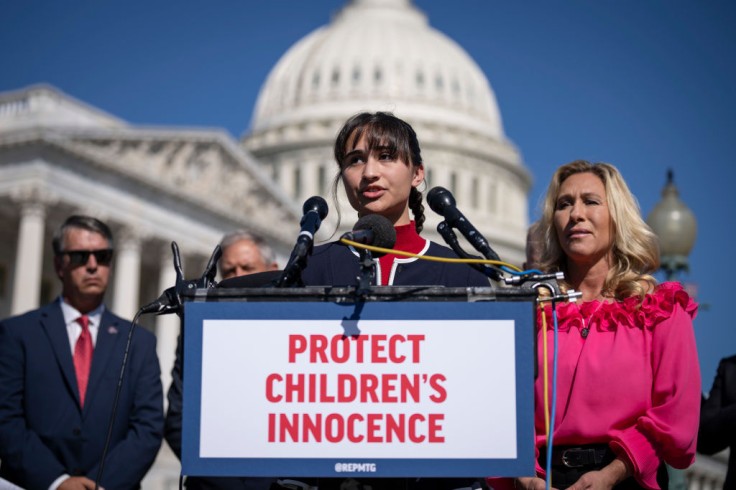
On Tuesday, South Carolina Governor Henry McMaster signed a law prohibiting gender-affirming care for transgender youths, making South Carolina the 25th state to execute such constraints.
South Carolina Governor Henry McMaster Enacts Ban on Gender-Affirming Care
"I signed the Help Not Harm bill into law to protect our state's children from irreversible gender transition procedures and prohibit the use of public funds for these treatments," McMaster stated on the social platform X.
He also specified a ceremonial bill signing with legislators and supporters in the Upstate next week. House Bill 4264 imposes that healthcare professionals, including physicians and mental health providers, must not knowingly give gender transition procedures to minors.
Wrongdoers will face disciplinary action for unprofessional administration by the relevant licensing board.
The new law bans healthcare professionals from performing gender-transition surgeries, prescribing puberty blockers, and executing hormone treatments to patients under 18.
Furthermore, school principals or vice principals are needed to notify parents if a student wishes to use a name or pronouns unlike their legal ones or those assigned at birth.
The Senate amended the bill to permit mental health counselors to discuss banned treatments and suggest locations where they are legal. It also allows doctors to prescribe puberty blockers for specific medical conditions, such as precocious puberty.
The Campaign for Southern Equality and other groups highlighted that the law takes effect immediately and is working to help families find support outside South Carolina, where similar bans exist across much of the Southeast.
Raymond Velazquez, Executive Director of Uplift Outreach Center, expressed sorrow over the law, stating, "Healthcare is a human right...No one should be forced to leave their home state to access the care that they need and deserve."
Governor McMaster has defended the law, asserting that it protects young people from making irreversible decisions, emphasizing that these choices should be made in adulthood.
Gender-Affirming Care Treatments Crucial for Transgender Minors' Well-being
During the legislative process, doctors and parents testified that minors in South Carolina do not undergo gender-transition surgeries and that hormone treatments are provided only after thorough consultation with healthcare professionals.
They argued these treatments are vital for the well-being of transgender youth, who are at higher risk for stress, depression, and suicidal behavior when denied gender-affirming care.
Supporters of the bill have cited unpublished evidence suggesting that puberty blockers can increase self-harm and have irreversible effects.
Transgender advocacy groups have vowed to continue their efforts despite the new law. Cristina Picozzi, Executive Director of the Harriet Hancock Center, assured young people and their parents that they remain deserving of dignity, equality, joy, and respect, regardless of the legal changes.
Chase Glenn, a leader in the LGBTQ advocacy group SC United for Justice & Equality, expressed sorrow over the bill's passage, noting that it significantly restricts access to essential healthcare for transgender youth and adults.
"This loss does not crumble a movement," Glenn stated, emphasizing the continued strength and determination of their advocacy efforts.
Jace Woodrum, executive director of the ACLU of South Carolina, expressed solidarity with LGBTQ South Carolinians, criticizing the governor for compromising personal freedom and inserting political influence into healthcare decisions.
Woodrum argued that this action undermines the rights of transgender individuals and their parents.
Related Article: Five Republican-Led States File Lawsuits Against Biden Administration on Expansion of Title IX Regulations